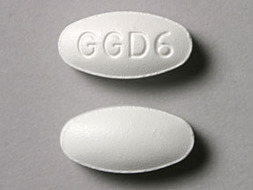Azithromycin Coupon & Discounts
Save on Azithromycin at your pharmacy with the free discount below.

Your prescription discount
Savings with Familywize discount up to:81% OFF
Privacy Protected
Never Expires
Claim your free Azithromycin discount


About Azithromycin
- What
- How
- Missed Dose
- Overdose
- Precautions
- Side Effects
- Storage
- Additional Info


- Sarah Proctor - Austin, TX
About Azithromycin
- What
- How
- Missed Dose
- Overdose
- Precautions
- Side Effects
- Storage
- Additional Info